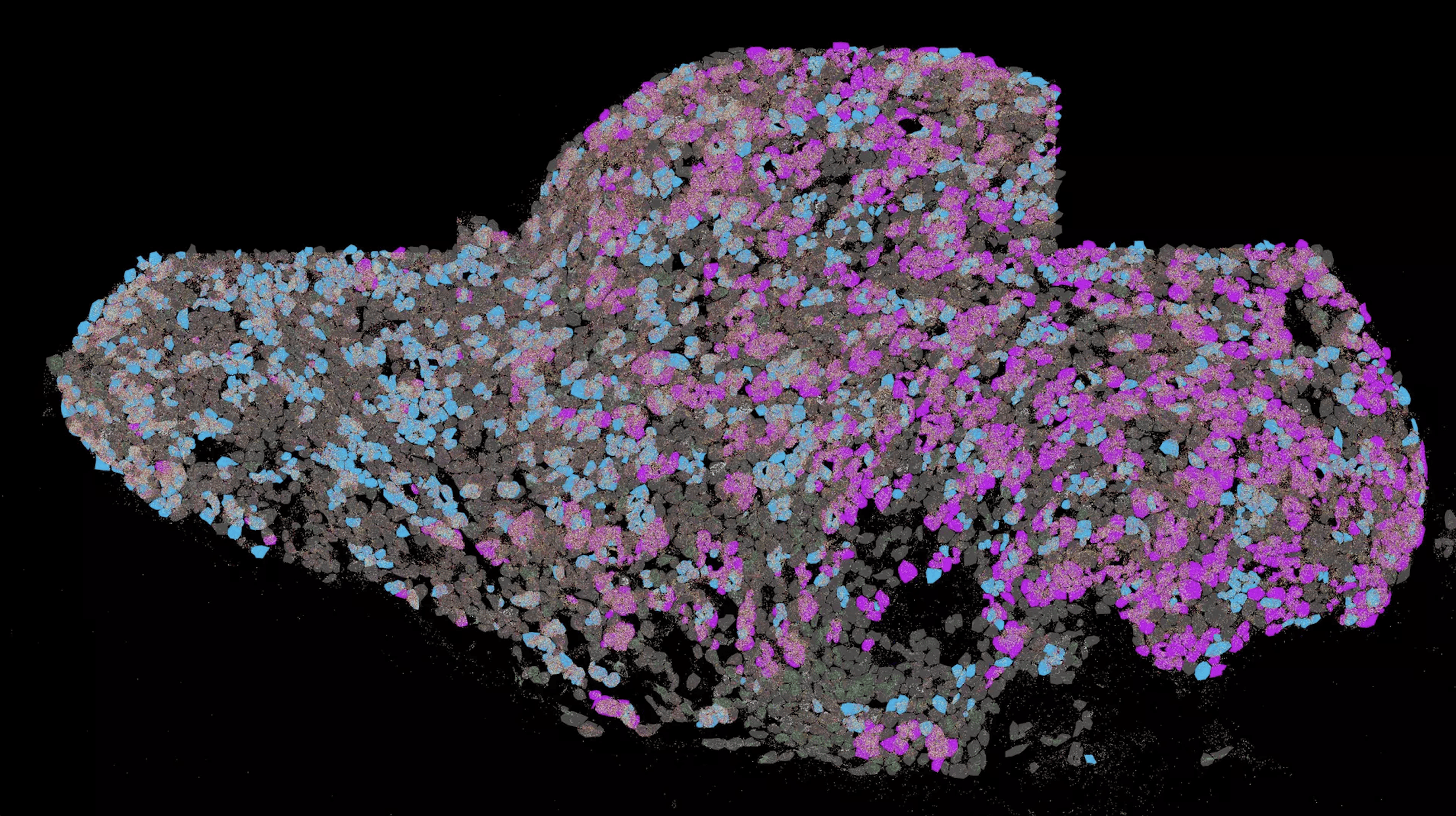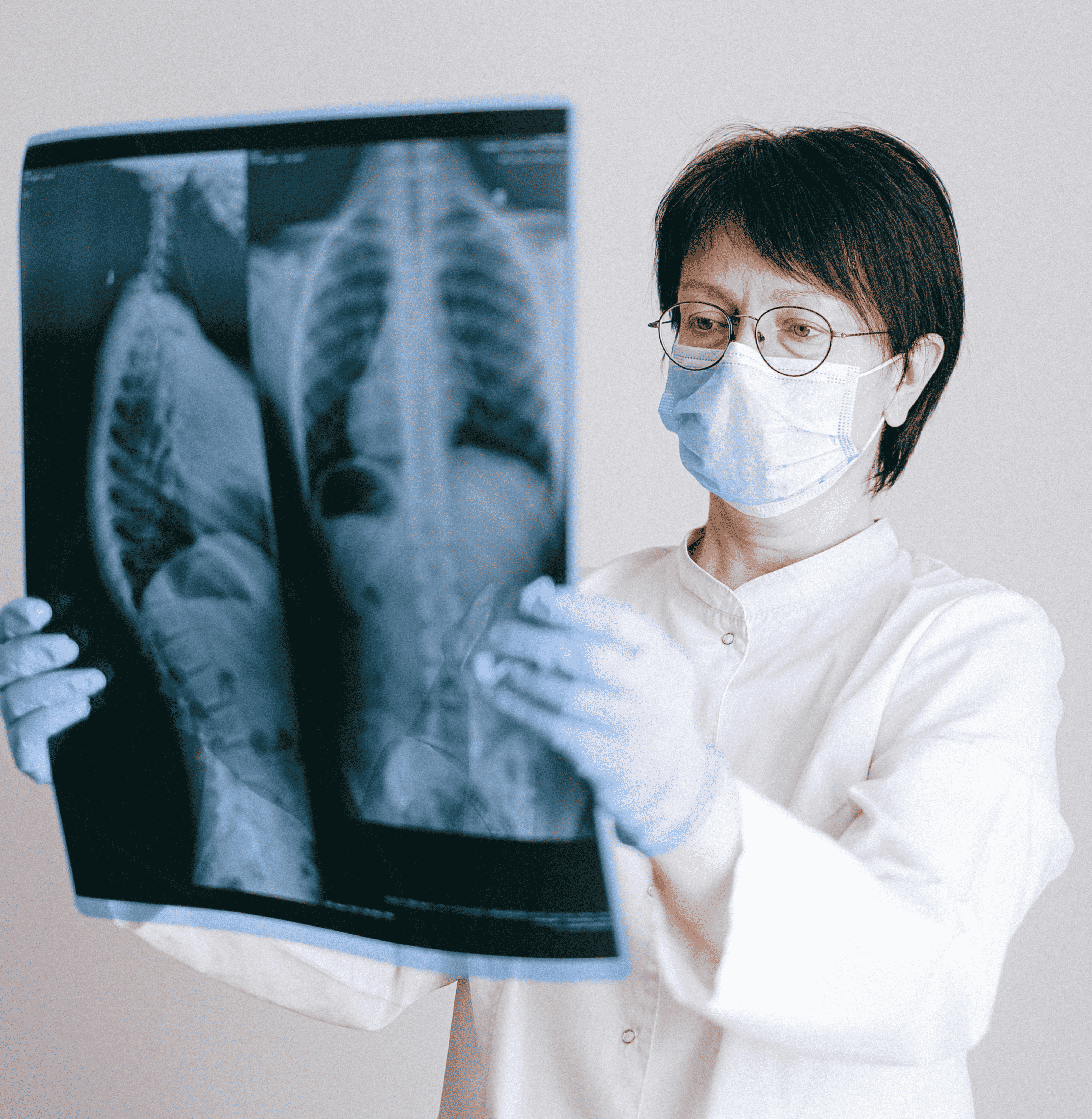
On the initiative of hormone researchers from Würzburg and Munich, Germany, an international group of researchers has succeeded for the first time in identifying mutations in a gene of the adrenal gland as a common cause of pathologically increased cortisol secretion.
Cortisol, also known colloquially as cortisone, is a hormone produced by the adrenal gland. It is considered a stress hormone and fulfills many vital functions in humans. “Cortisol takes on a very important function in the entire metabolism of humans, especially in the immune system,” says Professor Martin Fassnacht of the University of Würzburg. He has been joint head of endocrinology and diabetology at the Center for Internal Medicine at the University Hospital since February, together with Professor Bruno Allolio.
Fassnacht and his colleagues hope that a better understanding of the development of adrenal tumors will lead to new approaches in the treatment of Cushing’s syndrome patients with drugs in the future.
‘Cushing’s syndrome’
Too much cortisol, however, can lead to diabetes, high blood pressure, pronounced muscle weakness and osteoporosis, among other things. Doctors group these effects under the term ‘Cushing’s syndrome’, named after the first person to describe it, Harvey Williams Cushing. Patients also gain weight and often develop depression. Without treatment, mortality is significantly increased.
An international group of researchers has now succeeded in identifying mutations in a key gene of adrenal control as the cause of an abnormally increased secretion of the hormone. The scientists published their findings in the New England Journal of Medicine. The starting point for the research was a genetic characterization of benign adrenal tumors that had led to a distinct form of this disease. “We studied benign tumors because, as expected, very few mutations are present here. In malignant tumors, there are often hundreds,” Fassnacht explains.
Mutation
As reported in the New England Journal of Medicine, researchers from France, Italy, the U.S. and Germany, led by Felix Beuschlein of the University Hospital in Munich and Martin Fassnacht and Bruno Allolio of the University Hospital in Würzburg, Germany, succeeded in demonstrating that more than one-third of these patients had a mutation in the gene encoding protein kinase A. Protein kinase A is a key enzyme for controlling hormone production by the adrenal glands. “To find this mutation, it was necessary for us to examine the entire genome of the respective tumors,” Fassnacht says.








